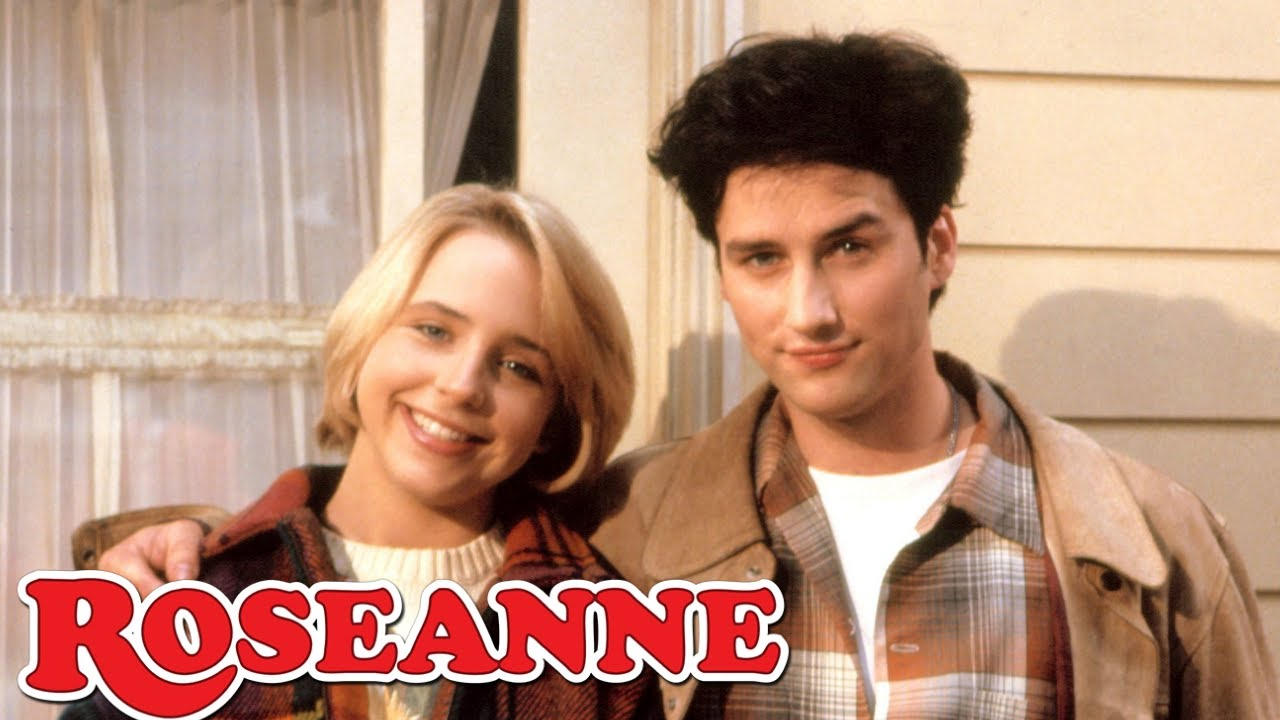
Introduction
Few shows have been as closely tied to controversy as Roseanne. The revival in 2018 promised to bring back the beloved Conner family, but it also led to one of the most talked-about moments in television history. Roseanne Barr’s comments on social media sparked a firestorm, ultimately leading to the cancellation of the show. In this article, we’ll dive into the controversies surrounding Roseanne, exploring what they can teach us about celebrity, cancel culture, and the possibility of redemption.
Roseanne Barr’s Controversial Comments
The 2018 revival of Roseanne was one of the most anticipated events in TV history. However, it quickly became embroiled in controversy when Roseanne Barr posted a racist tweet about former Obama advisor Valerie Jarrett. The tweet was widely condemned, leading to Barr’s firing and the cancellation of the show within hours.
Barr’s tweet sparked a debate about the responsibility of celebrities in the age of social media. Was the backlash justified, or was it an overreaction? For many, Barr’s actions seemed to go against the very values of the show she had created. Roseanne had always been a voice for working-class Americans, and yet her comments seemed to alienate many of the viewers who had once supported the show.
The Fallout and Cancellation
The cancellation of Roseanne was swift and decisive. ABC, the network behind the show, faced pressure to take action in light of Barr’s comments. The move left fans heartbroken, but it also set the stage for a new conversation about cancel culture.
The cancellation of Roseanne raised important questions about the line between personal behavior and professional consequences. Should celebrities be held accountable for their actions outside of their work? Can they ever truly redeem themselves after such public missteps?
The Culture of Canceling Celebrities
The controversy surrounding Roseanne was part of a larger cultural shift toward canceling celebrities who engage in controversial behavior. In the age of social media, public figures are more accessible than ever, and their actions are scrutinized more closely. For many, cancel culture offers a way to hold celebrities accountable for actions that are seen as harmful or offensive.
However, the Roseanne incident also raised questions about whether cancel culture goes too far. Some argued that Barr’s firing was an overreaction, while others felt it was a necessary response to a harmful comment. In either case, the situation highlighted the complexities of cancel culture and its impact on the entertainment industry.
The Revival Without Roseanne Barr
After the cancellation of Roseanne, the show’s creators decided to move forward with a spinoff series, The Conners, which continued the story without Barr’s character. While many fans were disappointed by Barr’s exit, The Conners was able to capture the essence of the original show, focusing on the rest of the Conner family and their lives in the wake of Roseanne’s departure.
Despite the initial controversy, The Conners proved that the Roseanne brand could survive even without its central figure. The show continued to address social issues while providing a platform for the talented cast to shine. The success of The Conners showed that while one person’s actions may disrupt a show, the heart of the series—the relatable family dynamic—could continue on without them.
Conclusion
The controversy surrounding Roseanne is a reminder of how quickly the public’s opinion can shift in the age of social media. It raises important questions about celebrity accountability, cancel culture, and the possibility of redemption. While the revival was cut short, the legacy of Roseanne endures. Its impact on TV, its groundbreaking portrayal of working-class families, and its ability to spark important conversations continue to resonate with audiences today.
